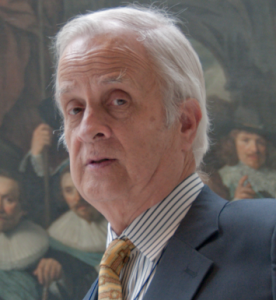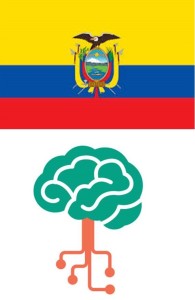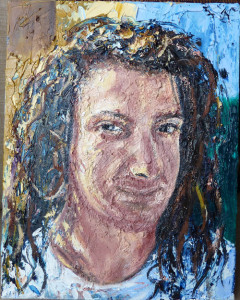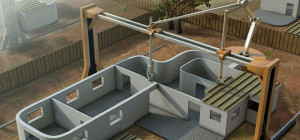
Background on why the public must take back control of the communications infrastructure while providing universal free access to all. Background on guifi.net in Spain and Kansas City FreeNet. Discourse on Network Governance. “It Must Be Done” summary and credo by Isaac Wilder. Conclusion includes “Not an End but a New Beginning by Jeff Michka and Comments from Dave Hughes.
PDF (185 Pages): PART II: The Global Free Network Movement The Right to Telecommunications Self-Determination with Examples from Spain, USA, Argentina and France
Importance for Self-Determination. Introduction onf “Do It Ourselves” as antidote to tyranny of the corporate state, enabling free and open networks. History of guifi.net growing to 4,000 nodes. How guifi.net runs at scale — challenges secular power. LocalRet as a learning experience. The ecology of guifi.net. The operation and governance of guifi.net. Promoting fiber optics. AlterMundi in Argentina. Kansas City Renaissance. Fedeation of French Data Networks (FFDN). Ecuador commits to an open commons-based knowledge society.
The Internet as an agent of local empowerment. i2cat and Living Labs. Entire cities as citizen laboratories. Emerging innovation ecosystems require a change in attitude on the part of city government. Appendix on i2cat projects in 2011. A guifinet – i2cat collaboration scenario. Seizing one's local economy from the bottom up in Oakland, California.
EXTRACTS (Pages 26-27):








